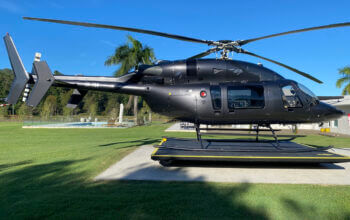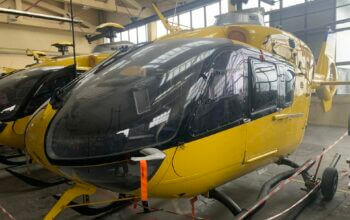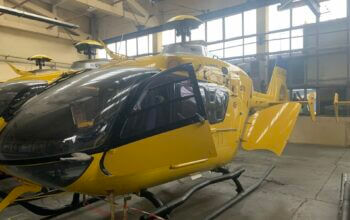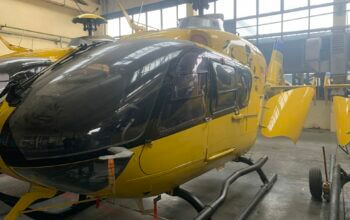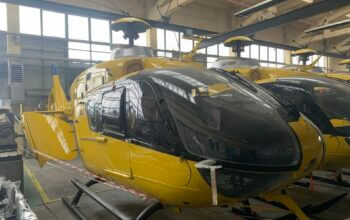Estimated reading time 4 minutes, 10 seconds.
North American airlines can expect a 10 per cent increase in their aggregate operating margins in 2019 after three years of decline, New York-based Moody’s Investors Service said Sept. 24.
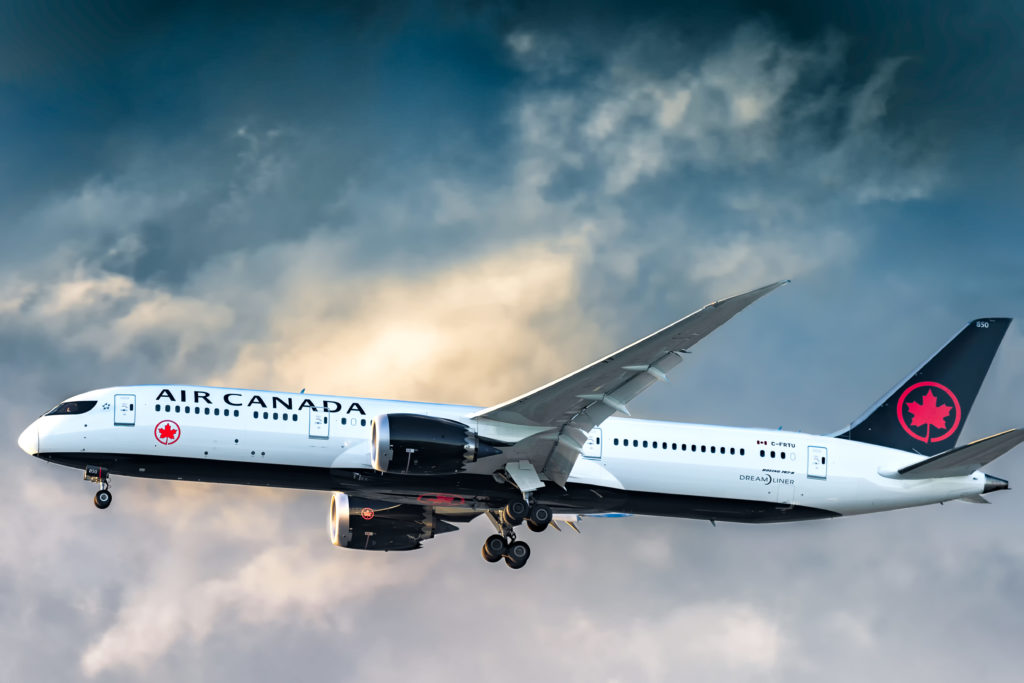
It bases its forecast on rising passenger demand and moderately lower average crude oil prices.
The outlook covers nine U.S. carriers (Southwest, American, Delta, United, JetBlue, Alaska Airways, Hawaiian Airlines, Spirit and Allegiant Travel) as well as Air Canada and WestJet.
Built around first-half 2019 data, the overall 2019 earnings performance would compare with 8.93 per cent in 2018, but would remain well below a 2015 peak of 15.5 per cent made possible by depressed crude oil prices.
Moody’s points out that despite subsequently steady fuel prices, other costs, notably labour, which increased by an aggregate 7.1 per cent since 2016, also affect earnings. Fuel and labour typically account for 40 to 55 per cent of mature carriers’ operating costs, with the rest covered by such things as fleet renewals, maintenance and airport fees.
Every $1 increase in the price of a barrel of Brent Crude, a globally-recognized benchmark, translates into a 2.8-cent increase in the price of a gallon of jet fuel on average. That ratio has been steady for 40 years, ranging between 2.5 and 4.9 cents due to market fluctuations.
“Although airlines grew revenue by more than the increase in their fuel expense in each of 2017 and 2018, operating profit margin declined because of growing non-fuel expenses,” Moody’s said. “The industry was unable to sufficiently grow revenue to cover all cost inflation.”
Even so, steady and potentially declining oil prices in 2020 should not mean the industry will have to boost prices “meaningfully,” except to cover those other costs which are continuing to rise. “Revenue gains will be retained, improving operating profit versus 2018, when revenue gains were not large enough to offset higher expenses.”
Moody’s also says that despite concern about slowing demand in 2020 because of potentially weaker economic activity resulting from U.S. trade disputes, it does not foresee a “significant” downturn in earnings.
The forecast does not take into account the impact of the recent attacks on petroleum facilities in Saudi Arabia, whose crude output accounts for some 10 per cent of global production.
“We expect the average fuel price for the full year to be about flat with that of 2018, assuming no meaningful impact from the Sept. 14 attack,” Moody’s said in its forecast. However, Moody’s managing director, Steven Wood, said immediately afterward that it highlighted “the role of geopolitical risk on oil prices, which will likely reflect a risk premium even after Saudi production resumes.”
The 11 carriers in the outlook burned 19.2 billion gallons of jet fuel in 2018 and 9.6 billion gallons in the first half of 2019, 2.8 per cent more than the first half of 2018, on capacity growth of 3.2 per cent.
“Having larger aircraft replace smaller aircraft, adding seats to existing aircraft in the fleet, and operating new aircraft with new, more efficient engines account for the lower growth in fuel consumption versus capacity growth,” Moody’s explained.
“Replacement of existing narrow-body models like the Airbus A320 current engine option (ceo) family of aircraft with the A320 new engine option (neo), the Boeing 737NG (Next Generation) with the 737 Max, and similar replacements of existing wide-body aircraft will help limit growth in fuel consumption despite growing global passenger demand.”
